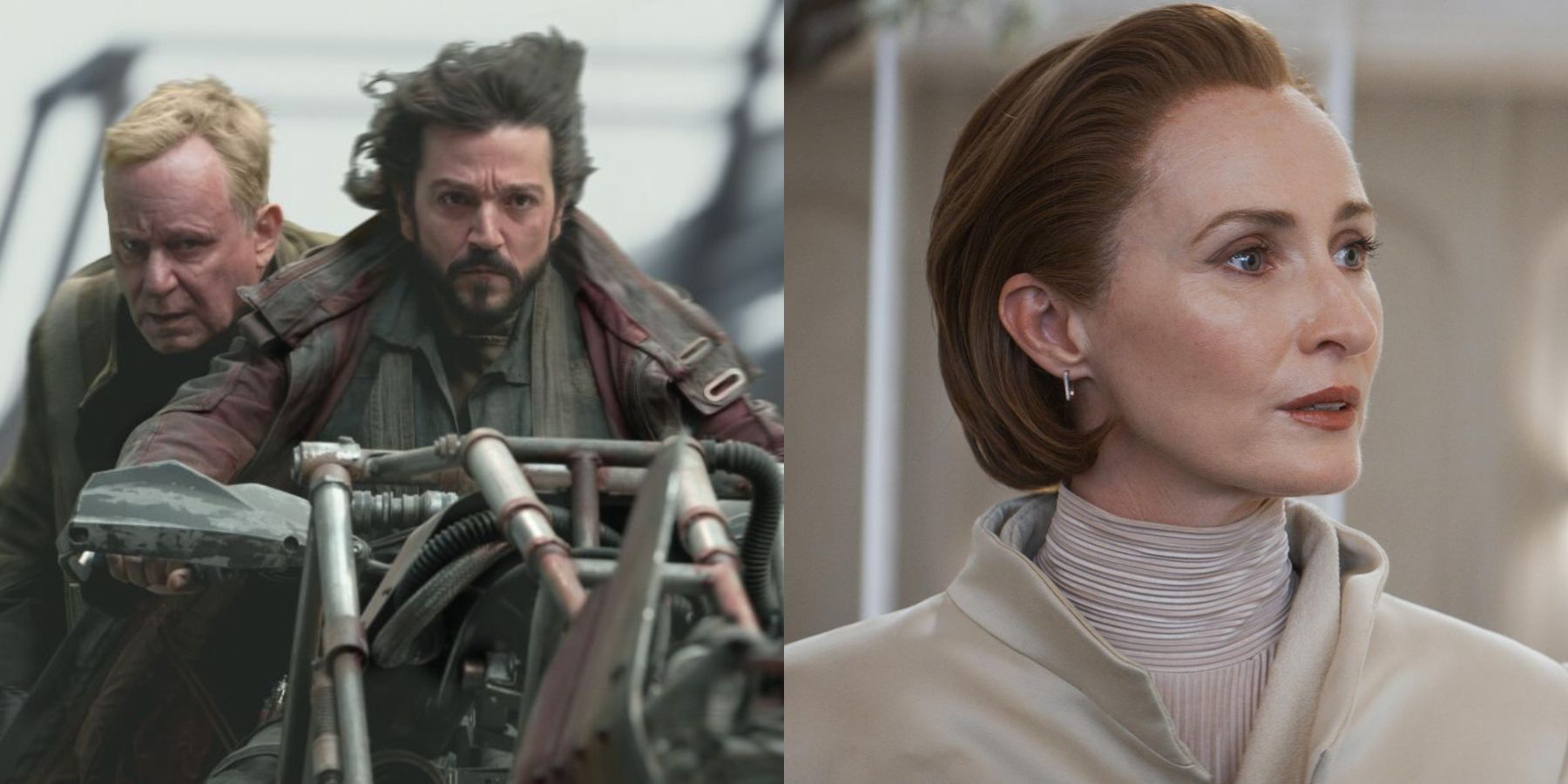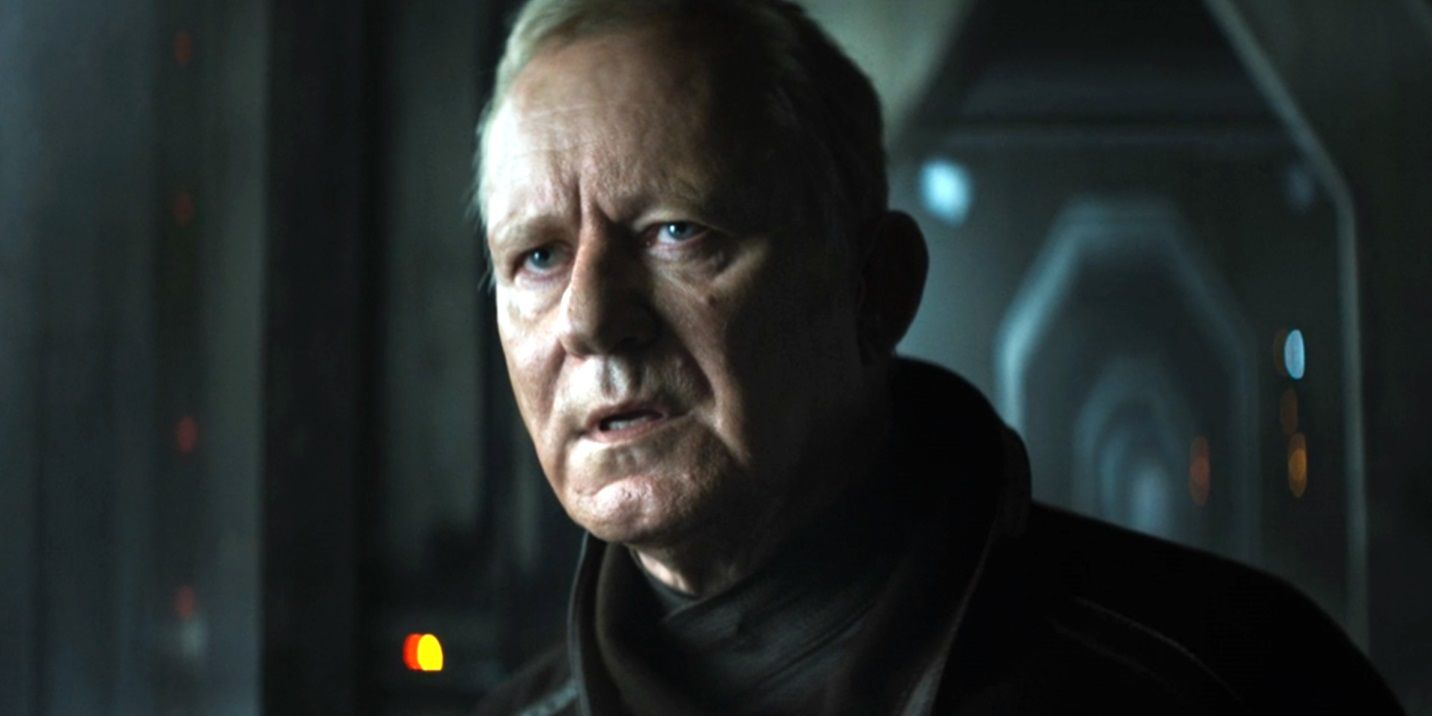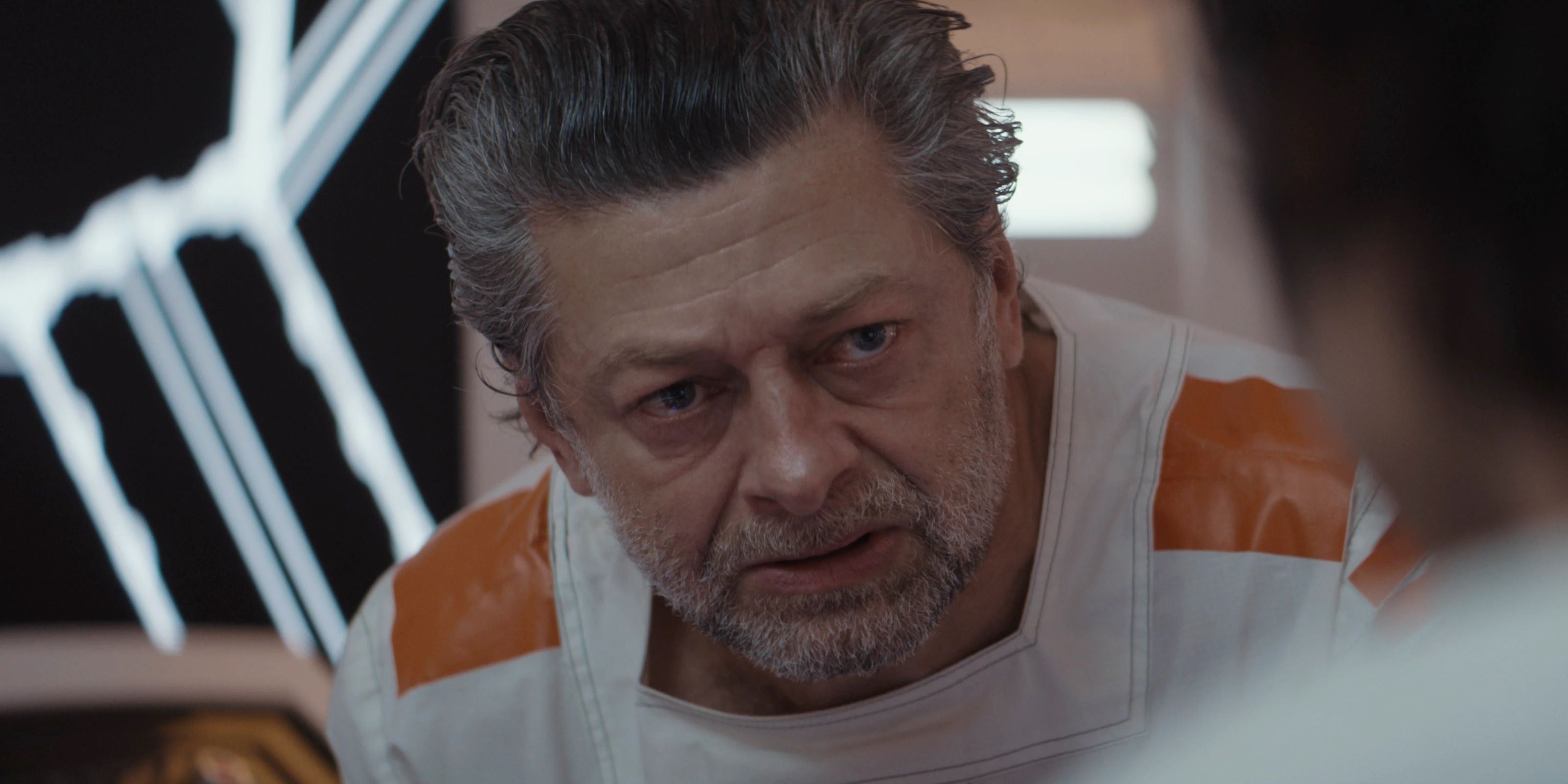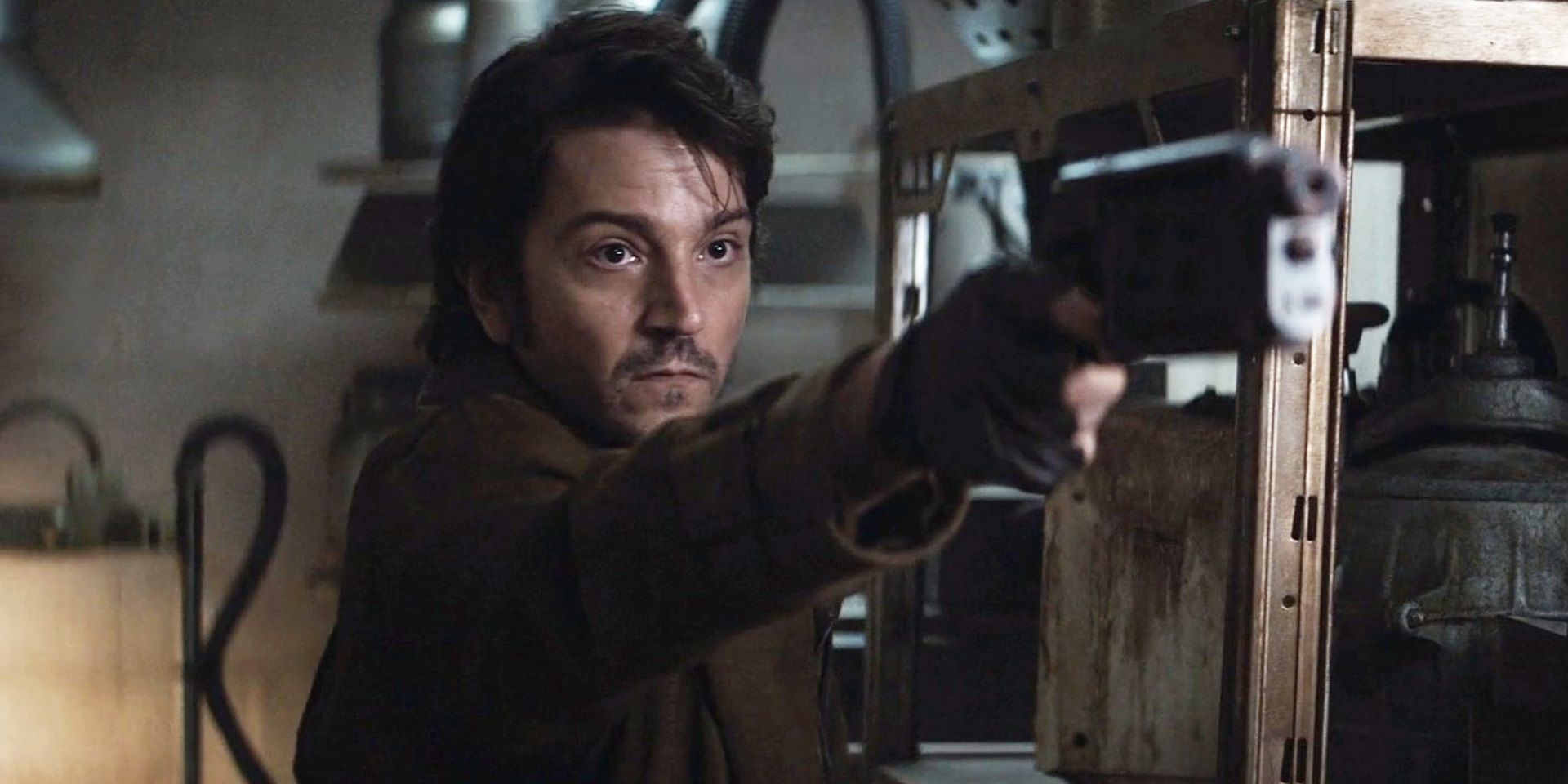This article contains spoilers for Andor.When Star Wars: Andor was first announced, many fans wrote it off as little more than a cheap cash-grab. After all, there wasn’t much demand for a spin-off series focused on one of the doomed characters of Rogue One — a prequel of a prequel, one might say.
However, after Season 1 of Andor premiered, it quickly became clear that this series was much more than an origin story for Cassian Andor (played by Diego Luna). Rather, it serves as an origin story for the Rebel Alliance itself, exploring how the uprising against the Empire began in the first place. And in doing so, Andor becomes what may quite possibly be the single greatest Rebellion story in the history of the entire Star Wars franchise.
A Fractured Alliance
The backstory of the Rebel Alliance has been fleshed out greatly by recent installments of the Star Wars franchise, particularly the Rebels animated series. However, the events leading up to the actual formation of the Alliance have never been explored until Andor. The series takes place five years before the events of A New Hope, and its story depicts the path that took the Rebellion from a series of disconnected cells to the united front seen in the Original Trilogy. As such, it is a story very interested in the process by which a revolution begins.
Two of the central characters in Andor are Luthen Rael (Stellan Skarsgård), a cunning and manipulative insurgent, and Mon Mothma (Genevieve O'Reilly), an Imperial Senator and future leader of the Rebel Alliance. On the surface, Mon poses as an outspoken yet ineffectual voice of dissent within the Senate. But in secret, she uses her resources to fund Luthen’s resistance efforts. Meanwhile, Luthen himself schemes to fan the flames of discontent throughout the Empire. He intends to force the Empire to tighten their grip on the galaxy further and further until the people can bear it no more, and their pent-up anger explodes into a full-on revolution.
However, not everyone is on board with Luthen’s plan. Mon questions his ruthless methods of combating the Empire, while fellow Rebel leader Saw Gerrera resents his ambitions of uniting the various insurgent cells into a single Rebel Alliance. In Saw’s eyes, his rival rebel factions are just as much his enemy as the Empire, and he refuses to compromise for the sake of unity. Through Luthen and Mon’s plotlines, Andor explores the difficulties of organizing a Rebellion: not just practically, but morally as well.
Despite her criticisms of Luthen’s means, Mon also ends up using her own family as pawns to advance her cause. And while it clearly destroys her inside to do so, Mon goes through with it regardless. In general, Andor portrays the Rebels not as the heroic paragons of the Original Trilogy, but as flawed, messy people who sometimes commit morally questionable deeds in their fight against the Empire. And while the story doesn’t glorify or romanticize these actions, it doesn’t condemn the protagonists for them either. The crossing of moral lines for the sake of the Rebellion is never taken lightly, but it is sometimes inescapable. The ugly truth confronted by Andor is that war is a messy, unpleasant thing, and liars and schemers like Luthen and Mon are needed for the Rebellion to succeed.
One Way Out
Andor is far grittier than most Star Wars stories, and it’s much more concerned with addressing the harsh realities of war that the movies prefer to overlook. However, it would be a mistake to call it a bleak or cynical tale. After all, while Andor is filled with death, guilt, and moral ambiguity, it’s also filled with hope, resolve, and compassion. The Rebellion needs plotters and killers, yes, but it also needs idealists. One of the earliest casualties of the series is Nemik (Alex Lawther), a bright young idealist who spends his free time writing a manifesto for the nascent Rebellion. And while Cassian initially dismisses Nemik as naive, the optimism and defiance in his manifesto eventually inspire Andor to head to Ferrix for the final battle.
Andor is, at its heart, a story about what inspires ordinary people to rebel against tyranny. Cassian is an unorthodox protagonist for Star Wars because he is, in many ways, an ordinary person. He has no special abilities or lofty dreams driving him. He may hate the Empire, but his only real goal for the bulk of the series is to protect himself and his family. He isn’t a hero, nor is he a leader. During the climax of the Narkina 5 arc, he declines the chance to rally his fellow prisoners, instead allowing Kino Loy (Andy Serkis) to make the speech. However, it’s Cassian’s everyman status that makes him such a perfect vehicle for the themes of the story.
The season finale revolves around the funeral of Maarva Andor (Fiona Shaw), Cassian’s adoptive mother, who prepared a pre-recorded speech urging her community to fight against the Empire. The funeral gives way to a riot against the Imperial forces, who are driven out not by any Jedi or elite Rebel soldiers, but by a crowd of normal people inspired to take action. Even Luthen is forced to recognize that it isn’t vengeance that has the power to unite the Rebellion, but hope. The Narkina 5 arc follows a similar structure, even serving as a sort of microcosm of the war itself. The prisoners are initially controlled through fear, but after realizing that they outnumber the Imperials, they find the courage to overthrow their oppressors and win their freedom.
Birth of the Rebellion
This series demonstrates how a single act of courage can incite incredible change, like a spark lighting a roaring fire. Once Cassian and his fellow Rebels score a win against the Empire, more uprisings follow across the galaxy. Often, there’s a heroic figure who leads the charge — like Kino and Maarva, or Luke and Leia. These beacons of hope inspire others to follow their lead. However, Cassian himself isn’t one of these heroes leading the masses, but one of those inspired by them. After all, it isn’t until he’s swayed by Nemik and Maarva’s words that Cassian agrees to join the Rebellion. He isn’t a chosen one, but a small part of something greater.
While it doesn’t shy away from the darker side of revolution, Andor is a story about the power of the Rebellion to change things for the better. Ultimately, the series posits that it isn’t the heroes who define the Rebellion, but those who follow them. Leaders are needed to inspire others, yes, but they can’t win without the ordinary people fighting alongside them. Alone, the subjects of the Empire are helpless. But when they band together, they have the power to strike back. That, in the end, is the true power of the Rebellion. By capturing that spirit of unity and determination, Andor turns the Rebel Alliance into a more potent symbol of hope than any other story in Star Wars history. And since Star Wars has always been about hope in the face of tyranny, it’s no wonder that Andor has made such an impact.




